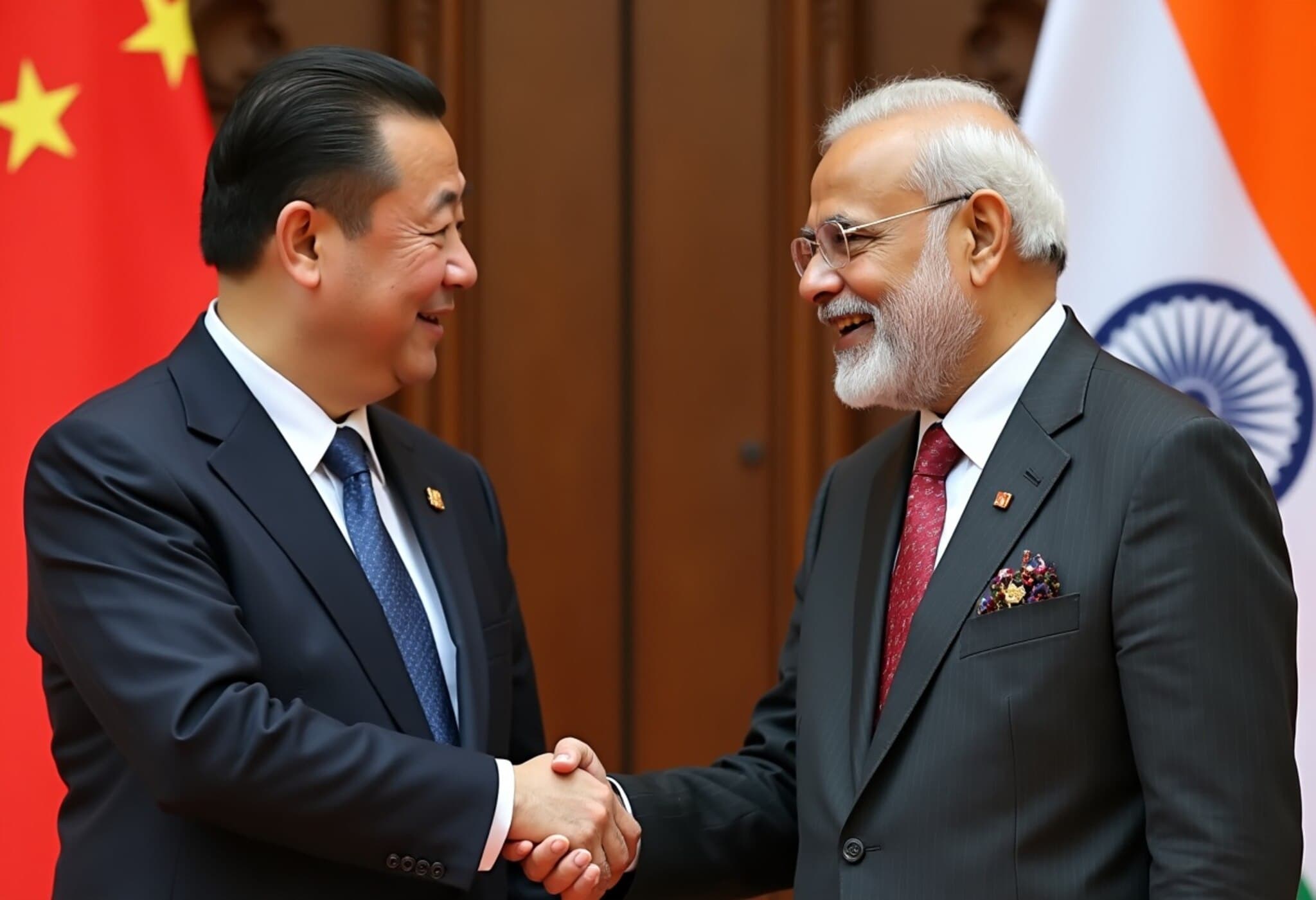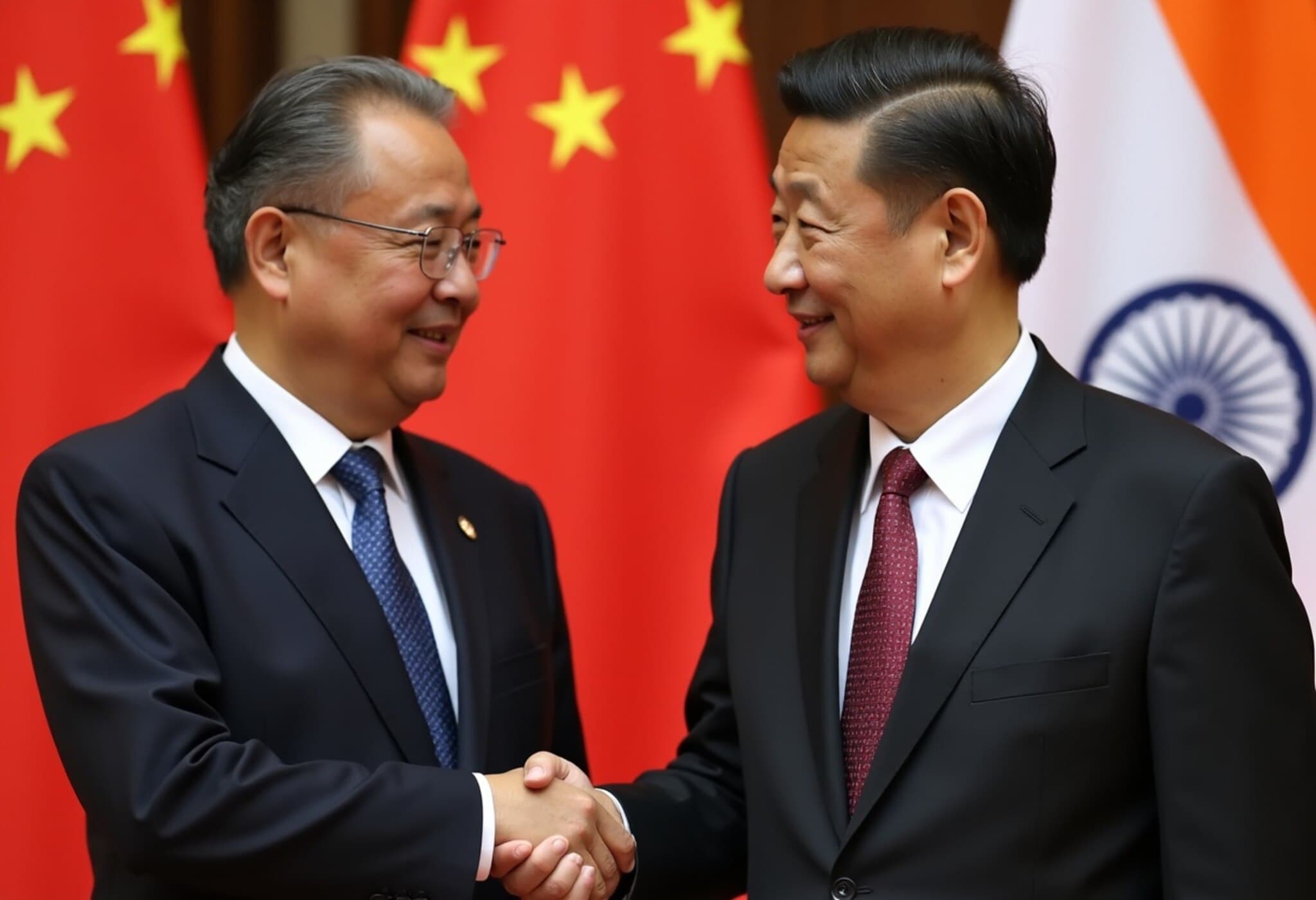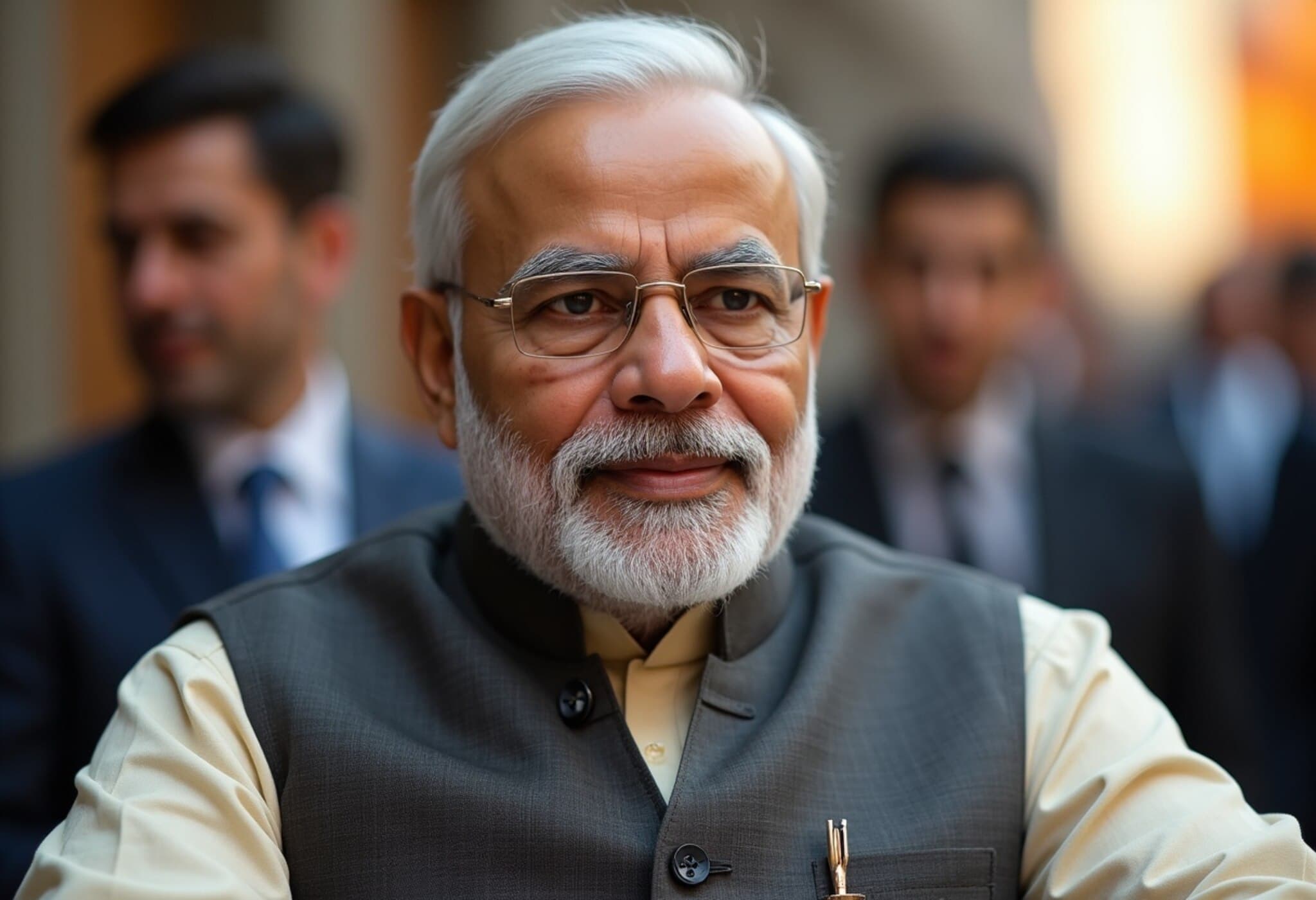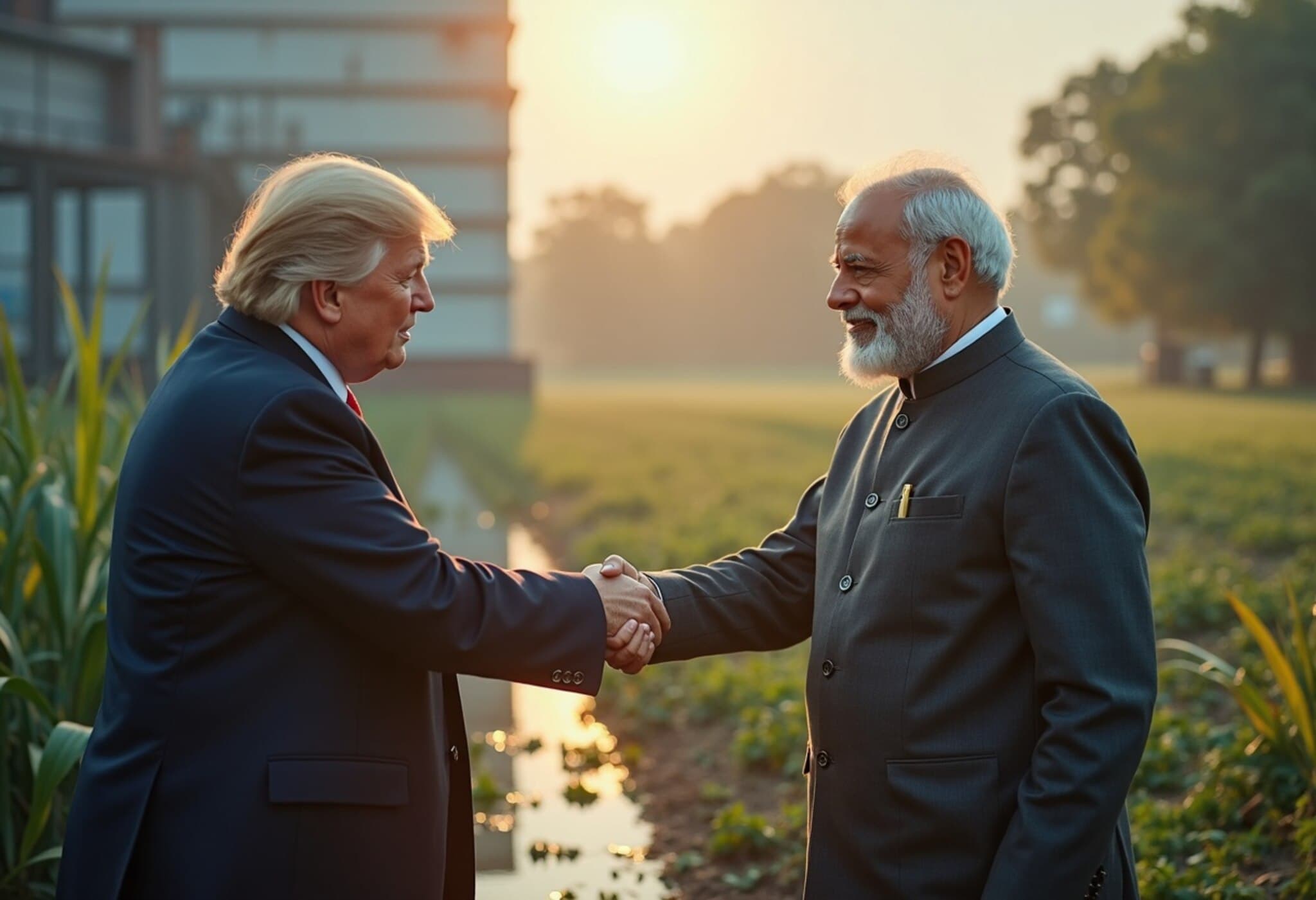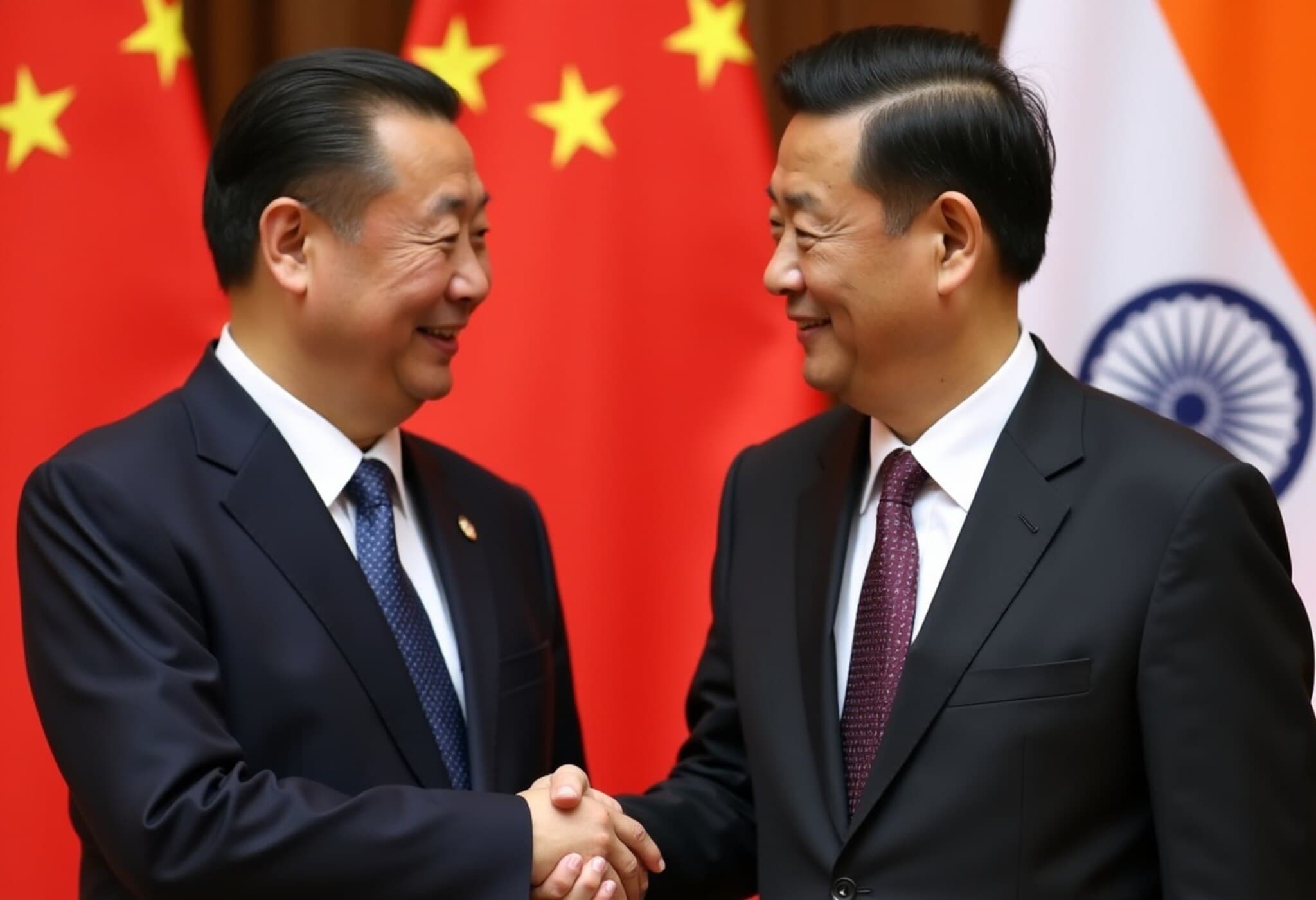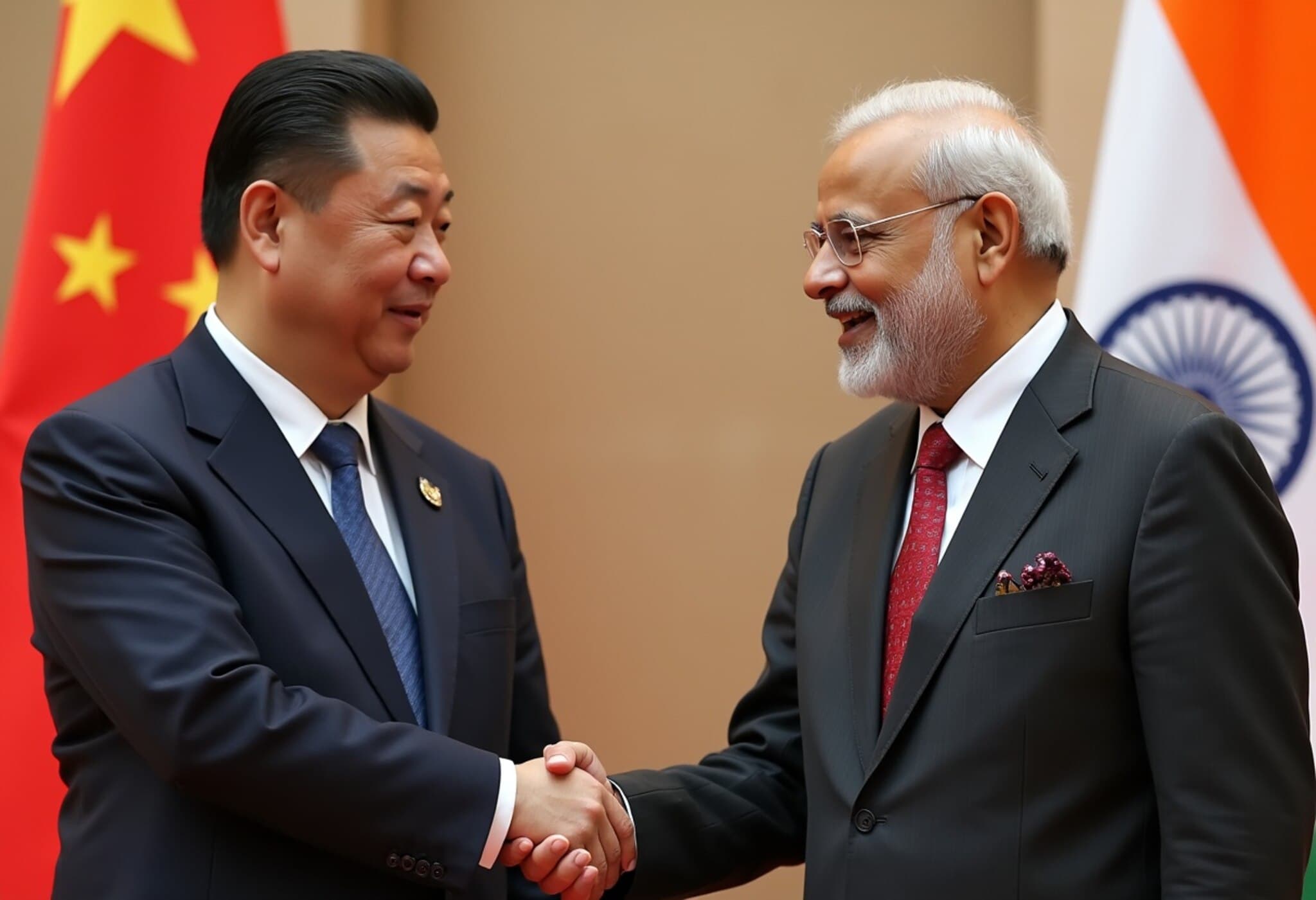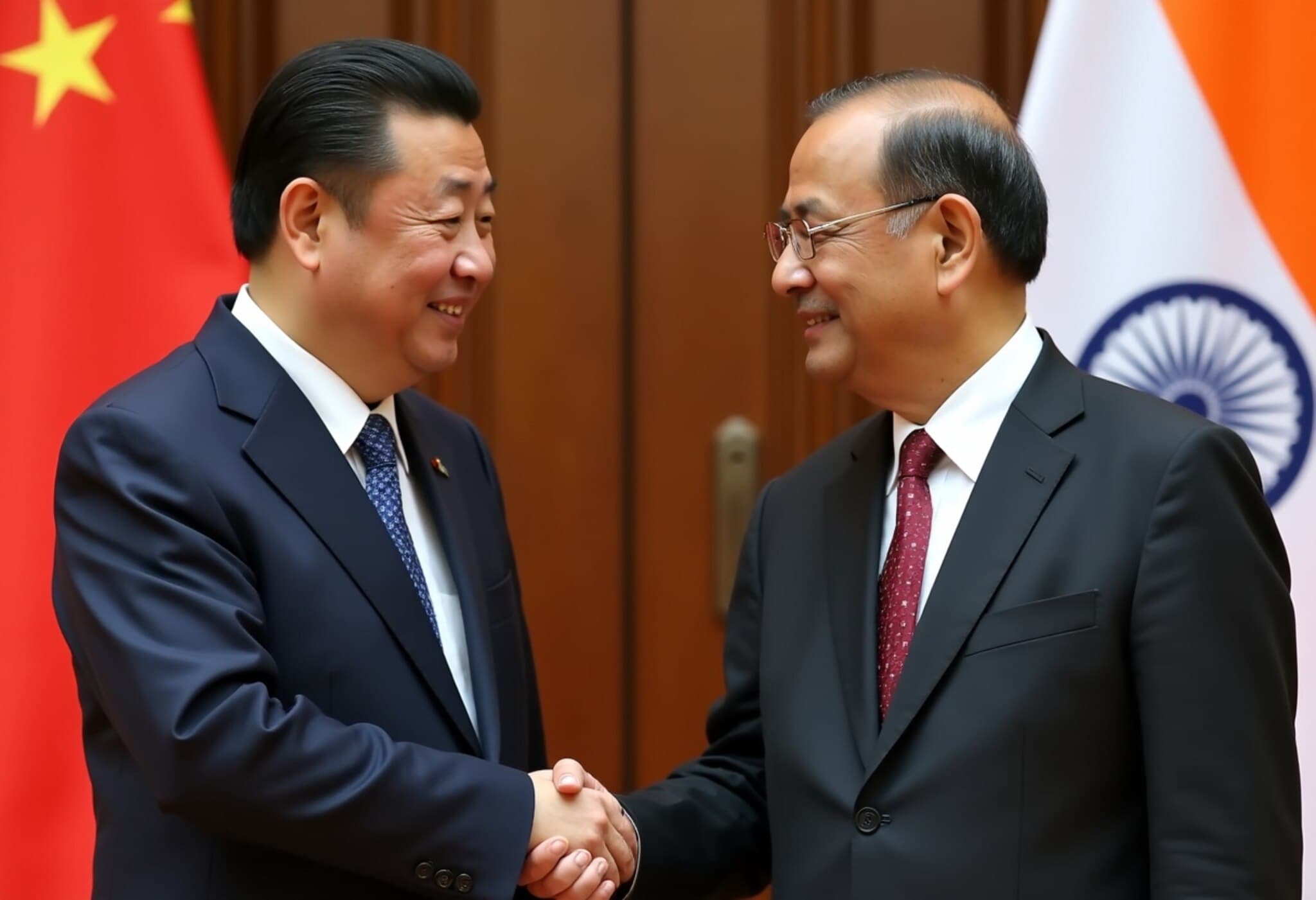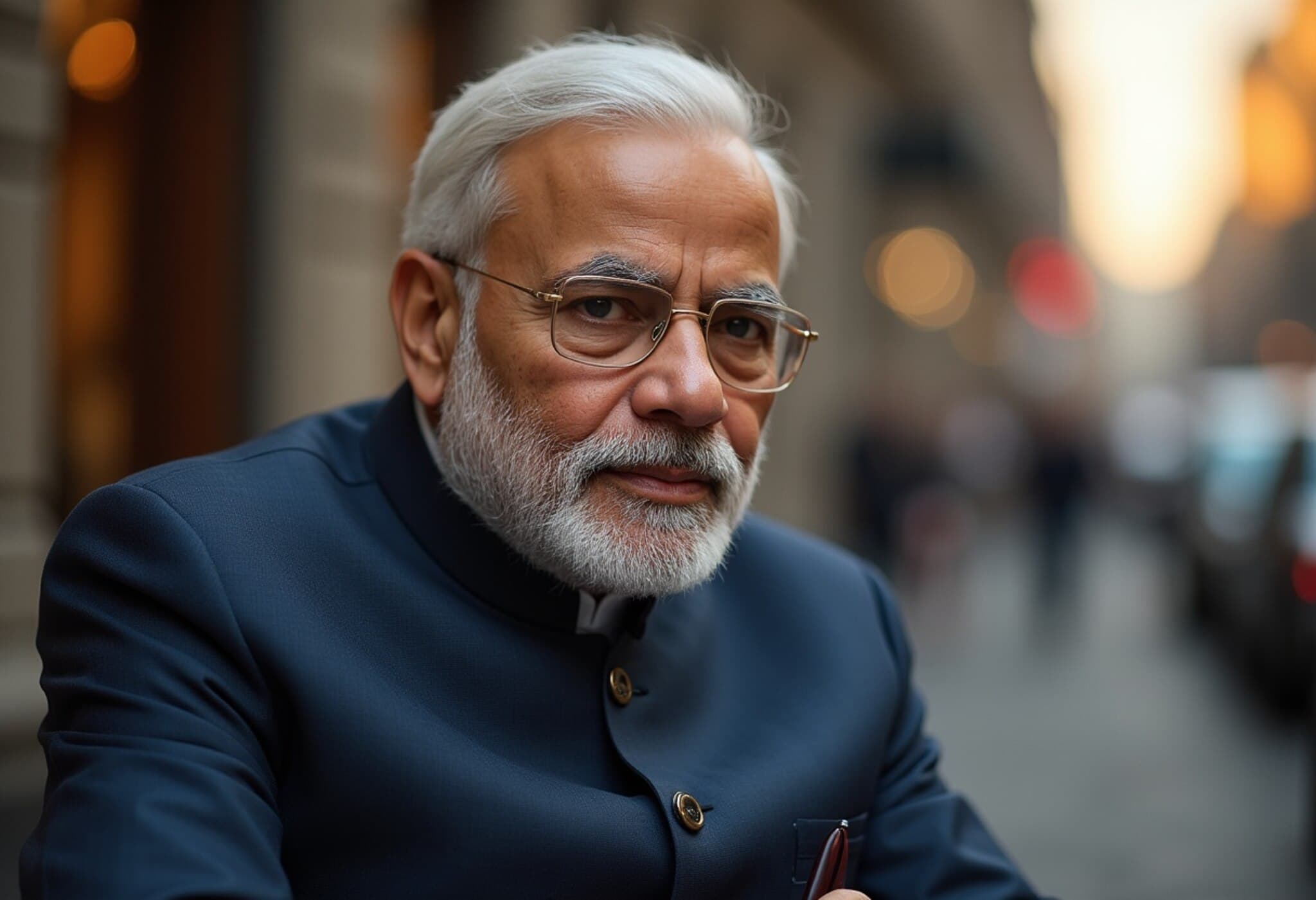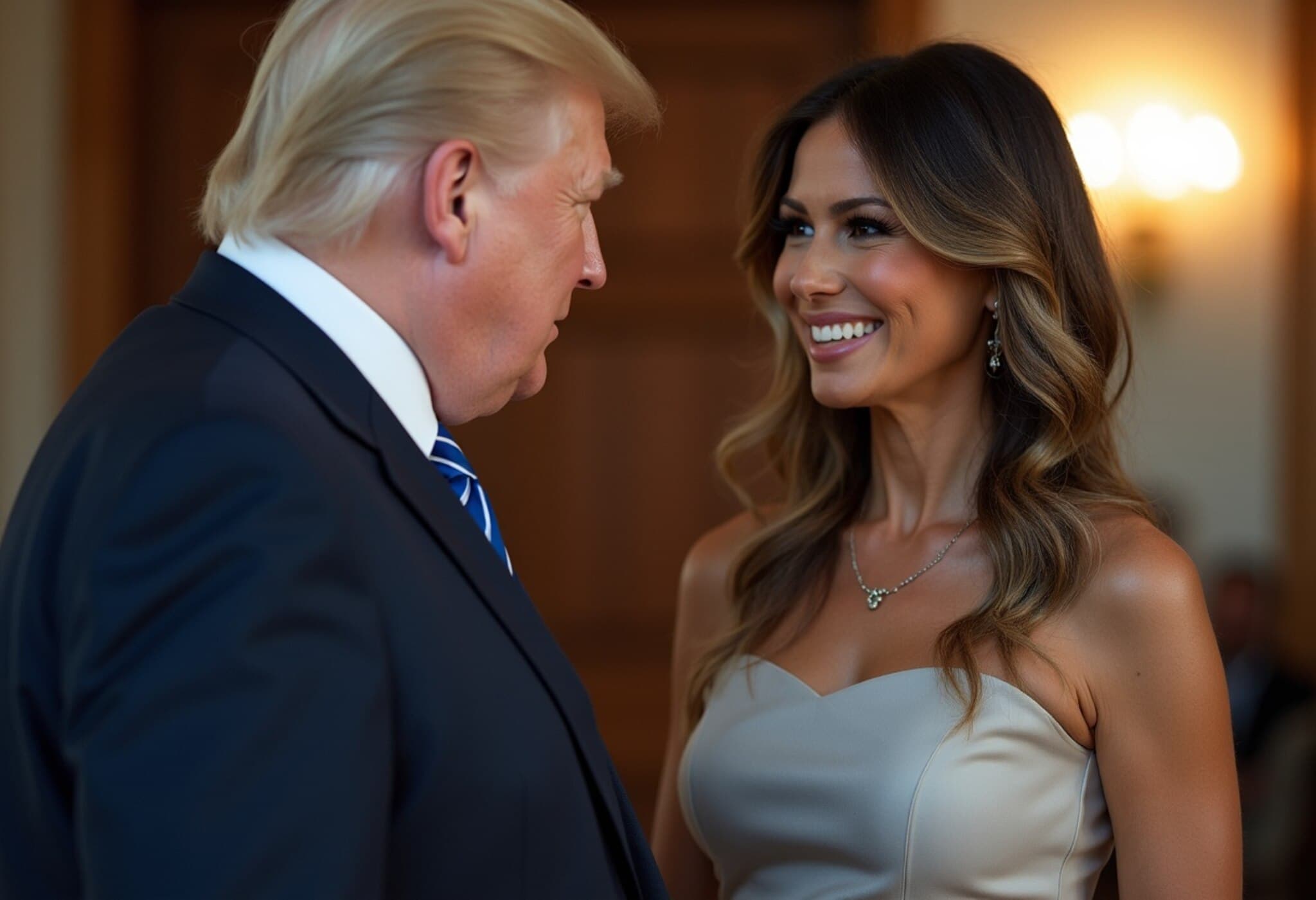PM Modi Emphasizes Steady Progress in Complex India-China Relations
On August 19, 2025, Prime Minister Narendra Modi underscored the ongoing strides in India-China relations following his meeting with Chinese Foreign Minister Wang Yi in New Delhi. Modi reflected on the developments since his landmark summit with President Xi Jinping in Kazan last year, calling the progress “steady” and anchored in mutual respect for each country’s interests and sensitivities.
Sharing his thoughts on social media, Modi expressed optimism about enhancing the cooperation between the two Asian giants, emphasizing the role of stable and predictable ties in fostering not just regional harmony, but global peace and prosperity as well.
Contextualizing the Current Diplomatic Momentum
This meeting comes at a critical juncture for India-China relations, which have been marked by recurring border tensions over the Line of Actual Control (LAC). The enduring disputes in border areas have often risked escalating into broader confrontations, making the recent diplomatic engagements particularly significant.
Unfinished Business on the Border
Despite the positive rhetoric, tangible challenges persist. India's External Affairs Minister, S Jaishankar, openly acknowledged the "difficult period" both countries have faced but expressed a shared desire to move forward. He highlighted the necessity of maintaining calm and advancing the de-escalation process, noting that disengagement and dismantling of military structures along the LAC remain incomplete nearly ten months after Modi's last summit with Xi.
These remarks illuminate the underlying complexity of the bilateral relationship—where diplomatic warmth coexists with unresolved frontier disputes that carry significant strategic and security implications.
Diplomatic Engagements Focus on Long-Term Peace and Resolution
During Wang Yi’s visit, discussions extended beyond bilateral diplomacy to include India’s National Security Adviser Ajit Doval, co-chairing the 24th Meeting of the Special Representatives on boundary issues. The Prime Minister’s Office reiterated India's commitment to a “fair, reasonable and mutually acceptable resolution” of the boundary dispute, stressing peace along the frontier as paramount.
Expert Analysis: Balancing Diplomacy and Security
From a policy perspective, India-China relations exemplify a delicate dance, balancing assertive sovereignty with the pragmatism of cooperation. The relationship is not merely bilateral but deeply impactful on the geopolitical landscape of Asia and beyond, including global supply chains, trade dynamics, and multilateral platforms like the Shanghai Cooperation Organisation (SCO).
The acknowledgment by leaders on both sides that their interactions influence "regional as well as global peace and prosperity" reflects India’s broader ambition to be a responsible power in Asia. However, the unresolved border tensions serve as a litmus test for the sincerity and durability of these diplomatic efforts.
Underreported Perspectives and Critical Questions
- How will ongoing military infrastructure build-ups on either side affect future negotiation dynamics?
- What role can economic interdependence play in diffusing geopolitical tensions?
- To what extent can third-party multilateral forums like the SCO facilitate breakthroughs on boundary disputes?
- How does domestic political pressure in both countries influence the pace and tenor of diplomatic engagement?
The Road Ahead: Looking Toward Tianjin and Beyond
PM Modi expressed anticipation for the next dialogue with Foreign Minister Wang Yi at the upcoming SCO summit in Tianjin, considering it a platform to reinforce steady progress. Observers see these engagements as important confidence-building measures that, if sustained, could pave the way for a more durable, peaceful framework for India-China coexistence.
Editor’s Note
India-China relations stand at a nuanced crossroads—oscillating between cooperative dialogue and strategic competition. While diplomatic progress offers hope, the tension along the border persists as a sobering reminder that peace consolidates through action on the ground. Readers should watch how these high-level engagements translate into concrete de-escalation measures and whether the mutual commitment to a "fair and reasonable" resolution will withstand geopolitical pressures. This evolving relationship will significantly shape Asian security and global economic stability in the years to come.

